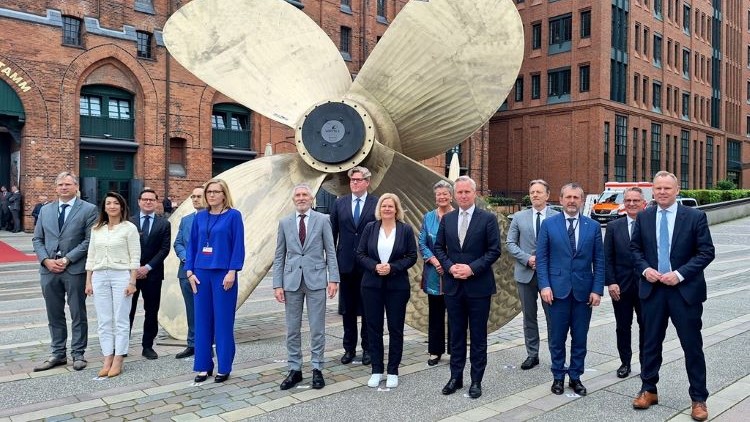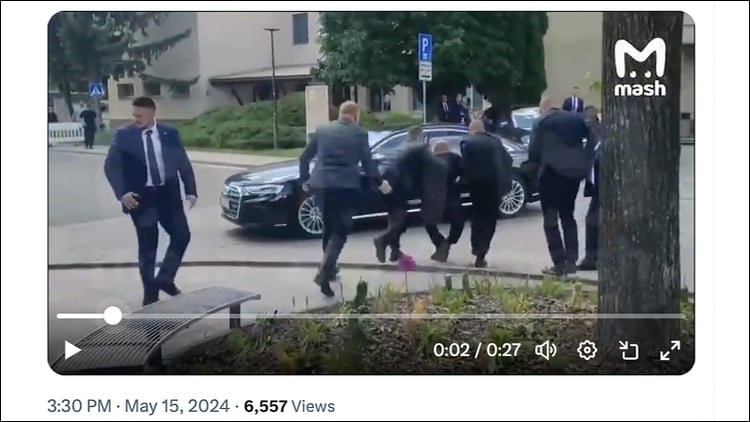The Diplomat
Spain will organize the next ministerial meeting of the Coalition against Organized Crime, which brings together, since 2021, the ministers of the Interior of Germany, Belgium, Spain, France, Italy and the Netherlands with the aim of strengthening cooperation in the fight against crime. serious crime and drug trafficking.
This was announced last week by the Minister of the Interior, Fernando Grande-Marlaska, during the fourth meeting of the Coalition, held in Hamburg (Germany), as reported by the Ministry in a press release. The Coalition was born in Brussels in December 2021, within the European Union, and has also met in Amsterdam (2022) and Antwerp (2023).
The Hamburg summit approved a joint declaration advocating strengthened cooperation with the countries of Latin America and the Caribbean and was attended, among other authorities, by the European Commissioner for the Interior, Ylva Johansson, and the Minister of Justice. from Sweden, Gunnar Strömmer, whose country hopes to soon join the coalition.
During his speech at the ministerial conference, Grande-Marlaska warned of the increase in violence associated with drug trafficking, “which constitutes a challenge for security in many European countries,” and put on the table “the very worrying levels of social infiltration and economic” achieved by criminal organizations “in difficult times of pandemic, wars, energy and climate crisis and technological disruption.”
The Minister of the Interior insisted to his counterparts on the need to strengthen security cooperation in European ports, one of the main gateways for drugs. “Collaboration between police and customs services, the establishment of minimum container inspection thresholds, security controls for professionals who handle critical information in port companies and service provider companies, are some of the key issues that must be addressed,” the minister warned.
At the end of the meeting in Hamburg, the ministers signed a joint declaration that advocates directing the coalition’s efforts towards three main areas: cooperation with the countries of origin and transit of drug trafficking, especially Latin America and the Caribbean; the strengthening of large European logistics centers, ports and airports; and the dismantling of international criminal networks through the intervention of their financing sources.
Grande Marlaska praised the commitment against organized crime of the Latin American countries, “to which we are united by strong ties and already close cooperation,” and highlighted the importance of fighting against drug trafficking throughout its history, “especially at origin and transit and hand in hand with our partners from Latin America and the Caribbean.”
As an example of this collaboration, representatives from Brazil, Colombia and Peru participated for the first time in the Hamburg meeting. Along these lines, Grande-Marlaska recalled the path opened on September 28 at the meeting held in Brussels between the Interior Ministers of the European Union and their counterparts from the Latin American Committee on Internal Security (CLASI), within the framework of the Spanish presidency. of the EU, to strengthen bi-regional cooperation against transnational crime.






